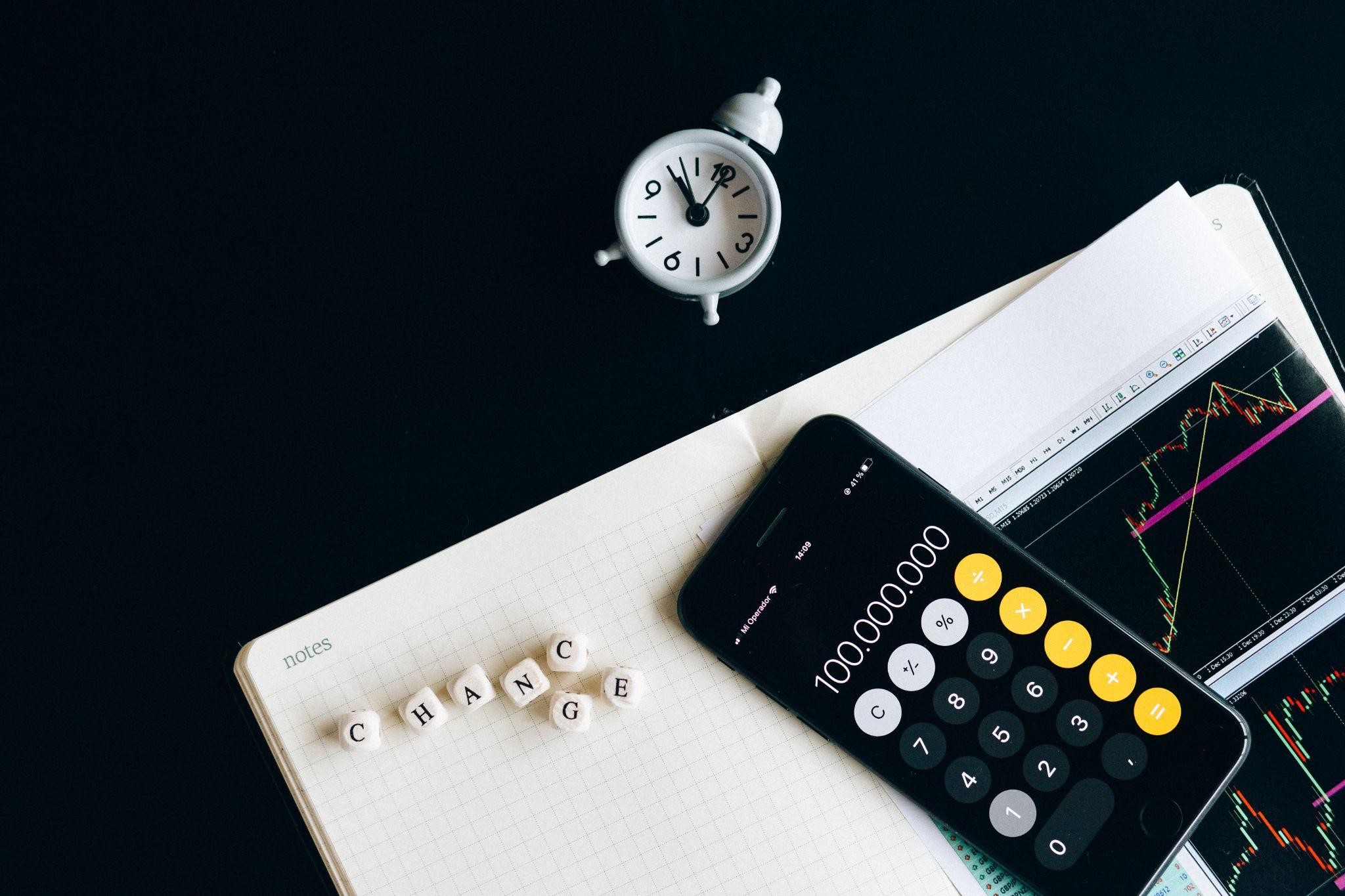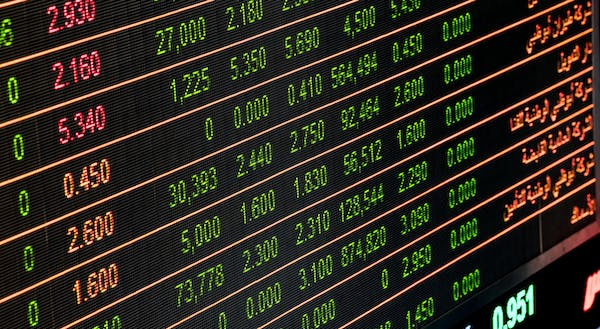Have you ever tried currency market trading before?
If you have, you might have an idea of how difficult it can be. There are many profitable stories from successful traders, but no one seems to provide enough details.
The secret to their success is a well-constructed strategy and plan. If you want to start, you must learn from the best.
One of the best ways to do this is to use Justmarkets, a service that allows you to copy top-performing, verified traders.
There are other vital aspects, though, and we’ll look at them in the following segments.
Understanding Fundamental Analysis
The most intelligent method when beginning something is to start with the basics, so make sure you understand them and then proceed with the more complicated things.
Definition and Purpose
When dealing with the currency market, fundamental analysis looks at economic, political, and social factors to determine how much a currency is worth.
Its goal is to find the forces that move currencies so that we can learn about possible future trends.
Traders use this thinking to make intelligent choices by looking at GDP, inflation, and interest rates.
The goal is to understand the bigger picture of the economy so buyers can deal with the constantly changing currency market by having a complete picture of the things that affect exchange rates.
Economic Indicators: The Pulse of Currency Markets
The currency markets depend on economic factors, which tell us much about their health and direction.
GDP, inflation rates, and job rates are all important indicators that affect how people feel about the market and the value of currencies.
Traders carefully look at these signs to guess what will happen with the economy and make wise choices.
Figuring out the details of these measures is like taking the pulse of the currency market; it lets buyers figure out how the economy is doing as a whole and what might happen in the future.
Economic factors are what traders use to build methods that help them get around in the world of currency dealing, which is constantly changing.
Key Economic Factors Affecting Currencies
Many things affect the flow of the market. However, a few more notable ones are the most dominant.
Interest Rates: The Guiding Force
Interest rates drive buying on the currency market, and they have a significant effect on exchange rates.
Setting interest rates by central banks affects the value of a currency and is an integral part of monetary policy.
By breaking down the details of these choices, you can see how strong or weak a currency is.
Different countries’ interest rates allow buyers to make money by taking advantage of rate differentials.
Understanding how interest rates change is crucial for handling the currency market because it shows how healthy the economy is and affects trading strategies.
This makes them an essential factor for making intelligent decisions in currency trading.
Inflation: Balancing Act for Traders
Traders must closely monitor inflation, a crucial factor in foreign markets. Moderate inflation indicates a healthy economy, but too much inflation can make a currency worth less.
Traders have to walk this fine line while knowing how economic forces affect people’s ability to buy things and, in turn, the value of currencies.
Successful traders keep a close eye on inflation rates and change their tactics to take advantage of the sound effects of mild inflation while protecting themselves from the destructive effects of hyperinflation.
Traders can make intelligent decisions and lower their risks in the volatile currency market by understanding inflation as a vital part of the economy.
Political Stability and Economic Performance
A currency’s strength is affected by how stable the government is and how well the economy is doing.
A safe government situation makes traders more confident and helps the economy grow. Countries with good leadership and clear policies often get investments from other countries, which allows their economies to grow.
In turn, a strong economy strengthens a country’s currency because it shows that the economy is stable and has the possibility for long-term growth.
Fundamental analysts interested in trading keep a close eye on economic data and political security because they know that these things significantly affect the value of currencies.
A big part of making smart buying decisions on the currency market is looking at the link between good government and a strong economy.
Strategies for Fundamental Analysis in Currency Trading
Developing a strategy is the second best thing to do after completing the basics when starting this activity.
Long-Term Trading: Riding the Economic Waves
Trading in foreign markets for the long term relies on a global view, taking advantage of long-term economic growth.
Traders look for currencies with solid foundations supported by stable governments and sound economic policies.
Trading gets ready to ride long economic waves by looking at things like GDP trends and differences in interest rates. With this approach, you need to be patient because the results take a long time to show.
Case studies of currencies that have stayed strong over time show how a smart, long-term trading strategy can pay off handsomely, letting traders ride the ever-changing waves of the global economy and make money from them.
Swing Trading: Capitalizing on Short-Term Trends
In foreign markets, swing trading is all about taking advantage of short-term price changes. Traders hold contracts for days or weeks instead of months to take advantage of market mood and movement.
Traders look for critical support and resistance levels to predict when a trend will change and then make moves that will make them the most money given the current market conditions.
One way traders can look for opportunities in the mysterious markets is swing trading. The goal is to catch price changes that only last a short time.
To make this work, you need to be able to change your mind quickly, be open, and know a lot about what’s going on around you.
Conclusion
All in all, it is a good idea to have a go in the currency trading market. Even though it might not seem so simple, anyone can do it.
Patience and persistence are required, but it will give you the desired results.
Many people quit too early and don’t wait long enough. Anything is possible with hard work, and trading is no exception.


